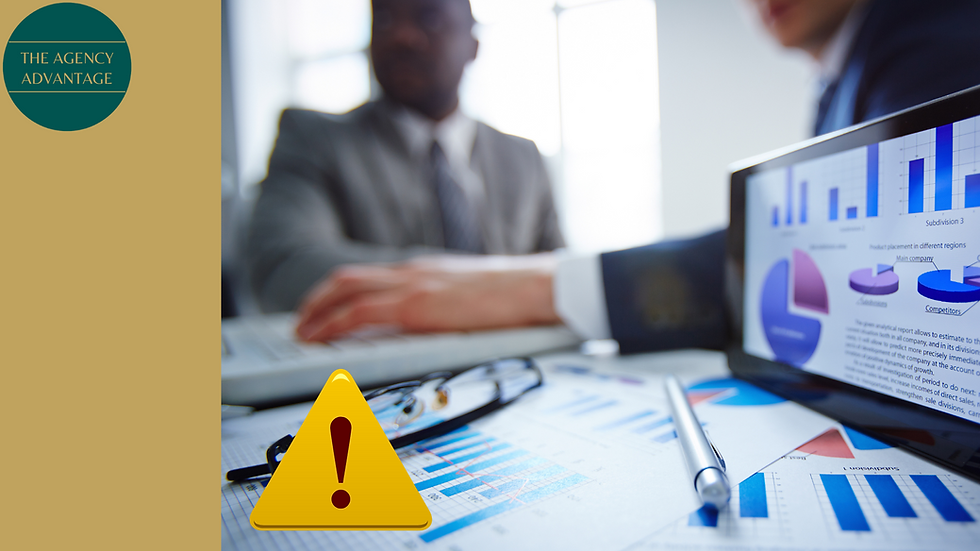Buying a House in Switzerland: What Expats Need to Know
- Oct 1, 2025
- 3 min read

Thinking of buying a house or apartment in Switzerland? First of all: congrats, it’s one of the biggest purchases you’ll ever make, and in Switzerland, it’s also one of the most complicated. Between permits, mortgages that don’t behave like anywhere else, and quirky rules that could leave you paying someone else’s tax bill, this is not something you want to wing.
This guide is geared towards expats, because the rules can be very different for you compared with Swiss citizens.
1. Permits: Who Can Actually Buy?
B permit (residence permit): With a B, your buying rights are restricted. You can usually buy a primary residence (the home you actually live in) but not necessarily a second home or investment property. The location matters too because some cantons are stricter than others.
C permit (permanent residence): With a C, you’re basically on par with Swiss citizens. You can buy more freely, and this opens the door to buying investment property.
Non-residents: If you don’t live in Switzerland, your options are very limited. Foreigners generally can’t buy property here unless it’s in a tourist area and even then, there are quotas.
2. Mortgages: The Swiss Do It Differently
Here’s where Switzerland will throw you for a loop.
You rarely pay off the full mortgage. In the UK, US, or France, you’d aim to own your house outright one day. In Switzerland most people deliberately keep a mortgage forever. Why? Because mortgage interest is tax-deductible, and until recently, homeowners were also taxed on “imputed rent” (basically the rental value of their own home: yes, you read that right). Paying down your mortgage just wasn’t efficient.
The new change: Swiss voters scrapped the imputed rent rule. That makes owning outright more attractive now, but the cultural norm of not paying off mortgages is still very strong.
Low interest rates: Mortgages here have been ridiculously cheap for years (close to zero at times). But don’t budget at today’s rates. Run your numbers at 5% interest to stress-test what you could afford, because rates can rise fast.
Amortization: If you do pay down, you usually only reduce your loan to 65% of the property value. The rest can stay outstanding forever. Instead of paying extra into the mortgage, a lot of Swiss people stash money in a third-pillar pension account or other investments.
3. The Hidden Costs Nobody Tells You About
Buying in Switzerland isn’t just mortgage plus notary fees. There are some oddball extras you need to know.
Monthly charges: Even if you buy a semi-detached house, not just an apartment, there may be monthly communal fees for shared infrastructure or services. Don’t ignore these because they can add hundreds per month to your fixed costs.
Off-plan risk: Buying a new build before it’s finished? Be super careful with the contract. Sometimes the construction guarantees sit with individual tradespeople, not the developer. That means if something goes wrong, you’re chasing down 20 different people instead of one company.
Sellers’ unpaid taxes: If the developer doesn’t pay their tax bill, you could be liable. That’s why due diligence and a good notary are non-negotiable.
4. Contracts: Read Every Line (Twice)
This part is personal. When my husband and I bought, he went through the contract like a forensic detective. At first, I thought he was being a bit over the top, until notaries and agents kept saying, “Nobody’s ever questioned this clause before.”
And honestly, that was terrifying. This is the single biggest purchase of your life. Why wouldn’t you question every clause? A lot of people don’t, but you should. Get professional advice, and don’t let anyone rush you into signing.
5. Tax Efficiency and Strategy
Switzerland is all about tax strategy.
Mortgage interest is deductible, so keeping a mortgage can actually lower your tax bill.
Third pillar savings are worth considering. Instead of paying down your loan, you can pay into a tax-advantaged pension scheme. You can always use those savings later to pay down the mortgage in one big chunk if you want to.
Now that the imputed rent tax is gone, it’s less punitive to own outright. But it’s still smart to balance your mortgage versus pension contributions with a tax advisor.
Buying in Switzerland isn’t for the faint-hearted. Between the permit rules, quirky mortgage system, hidden costs, and contracts that hide surprises, it’s a minefield if you don’t prepare.
But here’s the flip side: mortgages are cheap, property holds value, and with the recent tax changes, owning is more attractive than ever. If you go in eyes-wide-open, run the numbers conservatively, and fight for every clause in that contract, it can be a smart and stable move for the long term.
👉 Pro tip: Don’t just rely on what “everyone does” here. Challenge the assumptions, ask the awkward questions, and triple-check the paperwork. That’s how you’ll protect yourself and make the biggest purchase of your life a lot less stressful.





Comments